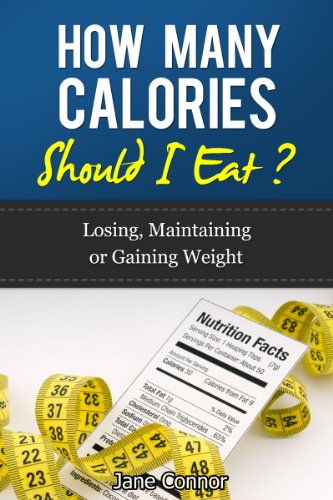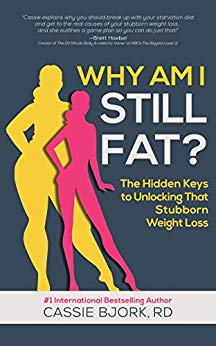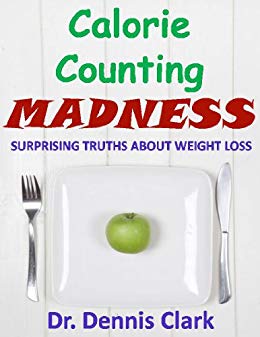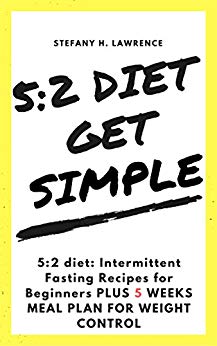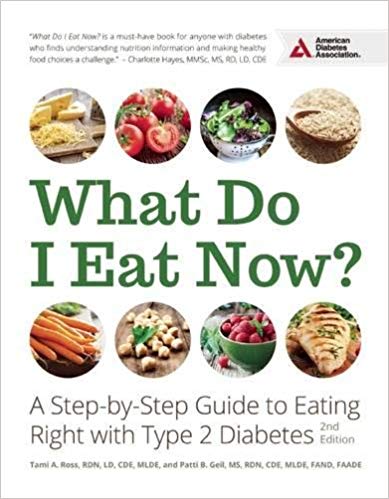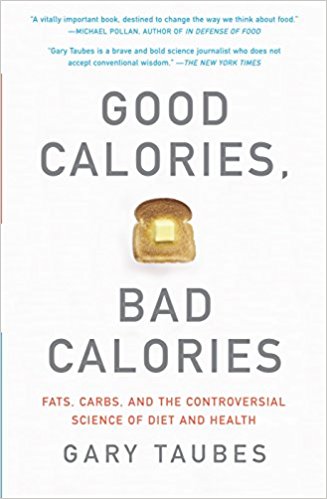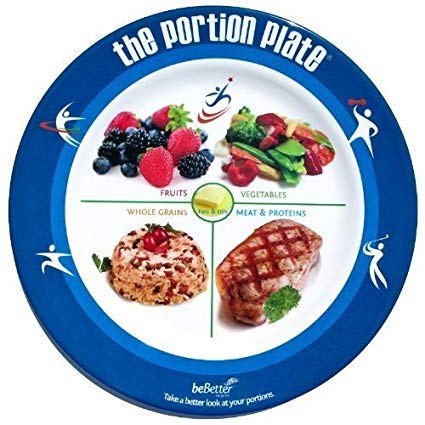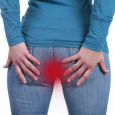It’s the million dollar question: How many calories should you be eating to lose weight?
Finding a straight answer isn’t easy because the number is different for everyone. On average, here is what you can expect:
Females – 19-30
Sedentary: 1800-2000
Moderately Active: 2000-2200
Active: 2400
Females – 31-50
Sedentary: 1800
Moderately Active: 2000
Active: 2200
Females – 51+
Sedentary: 1600
Moderately Active: 1800
Active: 2000-2200
Males – 19-30
Sedentary: 2400-2600
Moderately Active: 2600-2800
Active: 3000
Males – 31-50
Sedentary: 2200-2400
Moderately Active: 2400-2600
Active: 2800-3000
Males – 51+
Sedentary: 2000-2200
Moderately Active: 2200-2400
Active: 2400-2800
A better approach is to asses your personal need so that you can determine how many calories YOUR own body needs to lose weight. Following a generic plan of advice may have you struggling with your weight loss efforts. Fortunately, some basic math will tell you this information.
The Harris-Benedict equation is the most widely used method for calculating calorie needs. It determines your basal metabolic rate or BMR. To lose weight, you will need to lower the amount of calories you take in based on the end result. The Harris-Benedict equation takes into account the calories that are needed for the body to function, as 60 percent of the calories we consume are needed for basic functions like breathing and resting.
To calculate your BMR:
Women: 655 + (4.3 x weight in pounds) + (4.7 x height in inches) – (4.7 x age in years)
Men: 66 + (6.3 x weight in pounds) + (12.9 x height in inches) – (6.8 x age in years)
To calculate your physical activity:
If you are sedentary: BMR x 20 percent
If you are lightly active: BMR x 30 percent
If you are moderately active: BMR x 40 percent
If you are very active: BMR x 50 percent
If you are extra active: BMR x 60 percent
Add this number to your BMR.
The result of this formula is the number of calories that you can eat each day while still maintaining your weight. If you want to lose weight, you’ll need to consume fewer calories. As you begin to lose weight, don’t forget to use the above formula with your new weight. This will help you modify your eating regimen and continue seeing improvement.
I Need to Eat Fewer Calories. Should I Skip Meals?
It’s important that you don’t fall into the cycle of skipping meals. When people see that they need to consume fewer calories, their first response is to cut out breakfast or lunch. After all, it means less calories, right? Wrong!
When you deprive the body of essential nutrients that it needs to refuel, you will feel sluggish, tired and hungry. Being fatigued means that you can’t put forth energy to exercise, and a hungry stomach will start to crave all types of foods. These cravings are what lead people to binge or overeat, starting a frustrating cycle of weight loss and weight gain.
Also, the weight that is lost initially is from lean muscle, not fat. This means that the body may weigh less, but you’re not improving your health. When the body is forced to choose between stored fat or muscle, it will choose to store fat.
Eat Quality Calories and Increase Activity
To be healthy and maintain your weight, it’s important to consume the right types of calories found in foods like fruits, vegetables, whole grains, lean meats and low-fat dairy products. When you work with the Harris-Benedict equation, don’t underestimate how many calories you need to lose weight. Go slightly under what you burn off each day, and you will see the long-term results that you’re looking for.
Another factor to consider when trying to lose weight is the amount of physical activity that you do. Cutting down on calorie intake will only get you so far. To lose weight, you will also need to increase your activity level. Moderate activity involves exercising three to five days a week. The Department of Health and Human Services recommends getting 150 minutes of moderate activity each week, so use this as a benchmark for a healthy exercise regimen.


